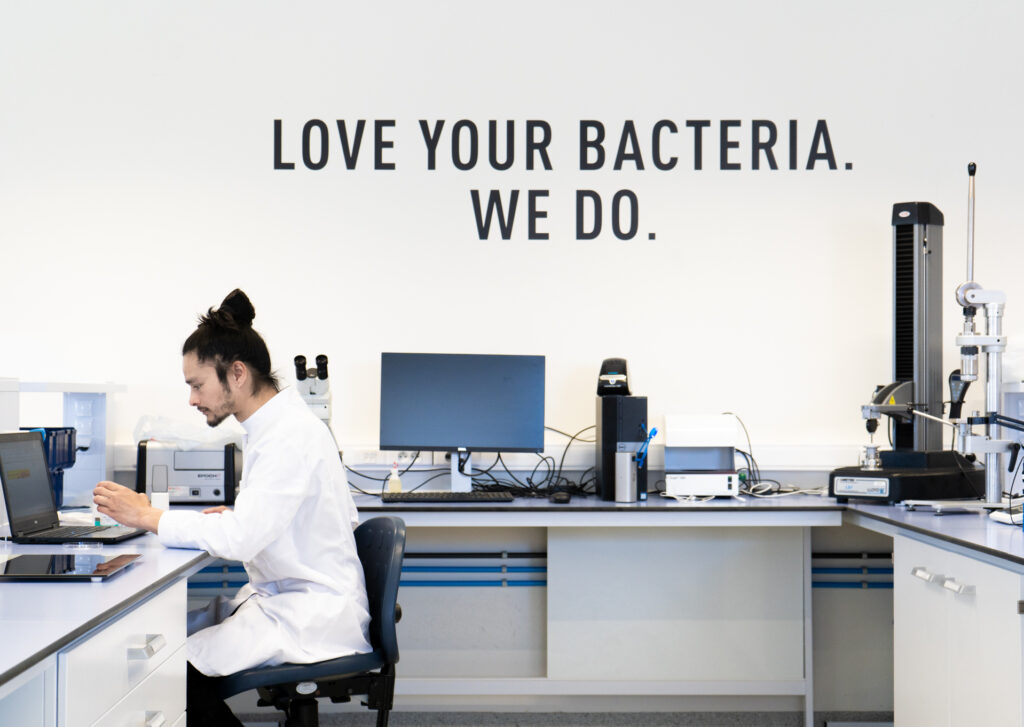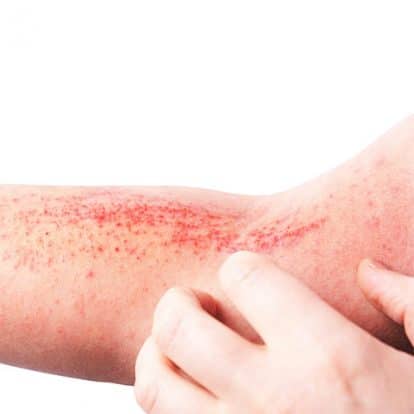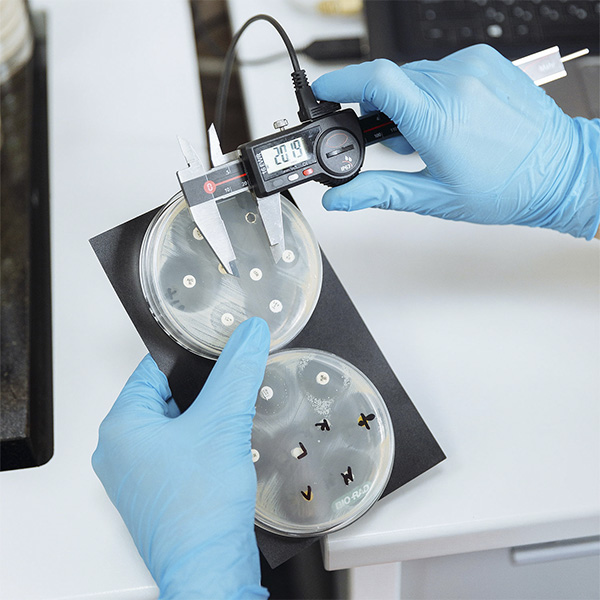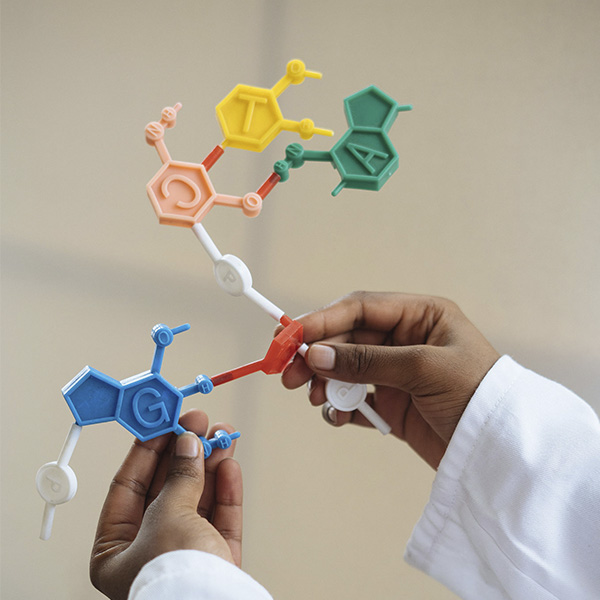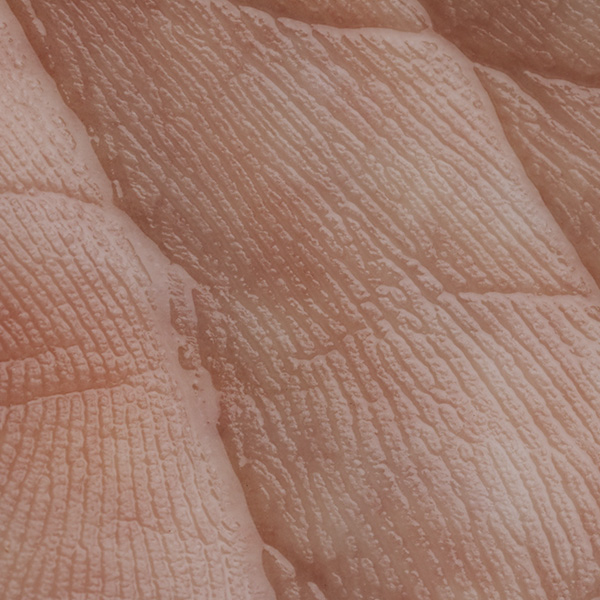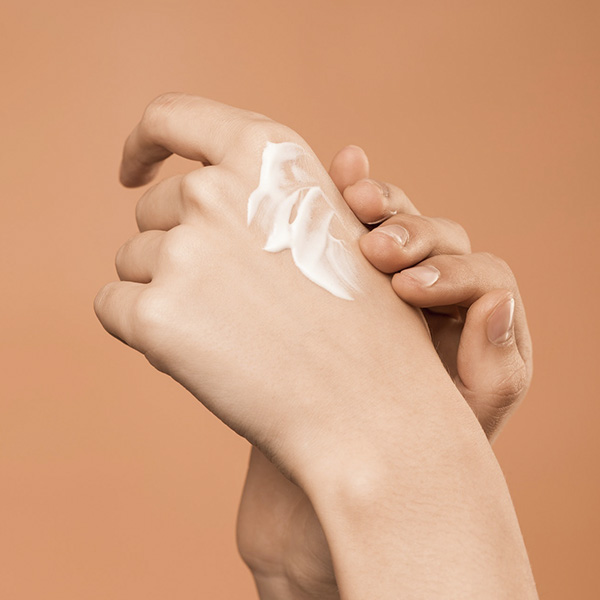QU’EST-CE QUE L’ECZÉMA ATOPIQUE ? QUELLES EN SONT LES CAUSES ET LES SOLUTIONS ?
QU’EST-CE QUE L’ECZÉMA ATOPIQUE ? L’eczéma atopique, aussi appelé dermatite atopique, est une maladie inflammatoire chronique de la peau qui provoque démangeaisons, rougeurs et desquamations. La peau, sèche par nature et dont la fonction barrière est altérée, peut laisser passer des allergènes qui provoquent des inflammations. Résultat ? De sévères démangeaisons qui détériorent le sommeil […]
QU’EST-CE QUE L’ECZÉMA ATOPIQUE ? QUELLES EN SONT LES CAUSES ET LES SOLUTIONS ? Lire la suite »


